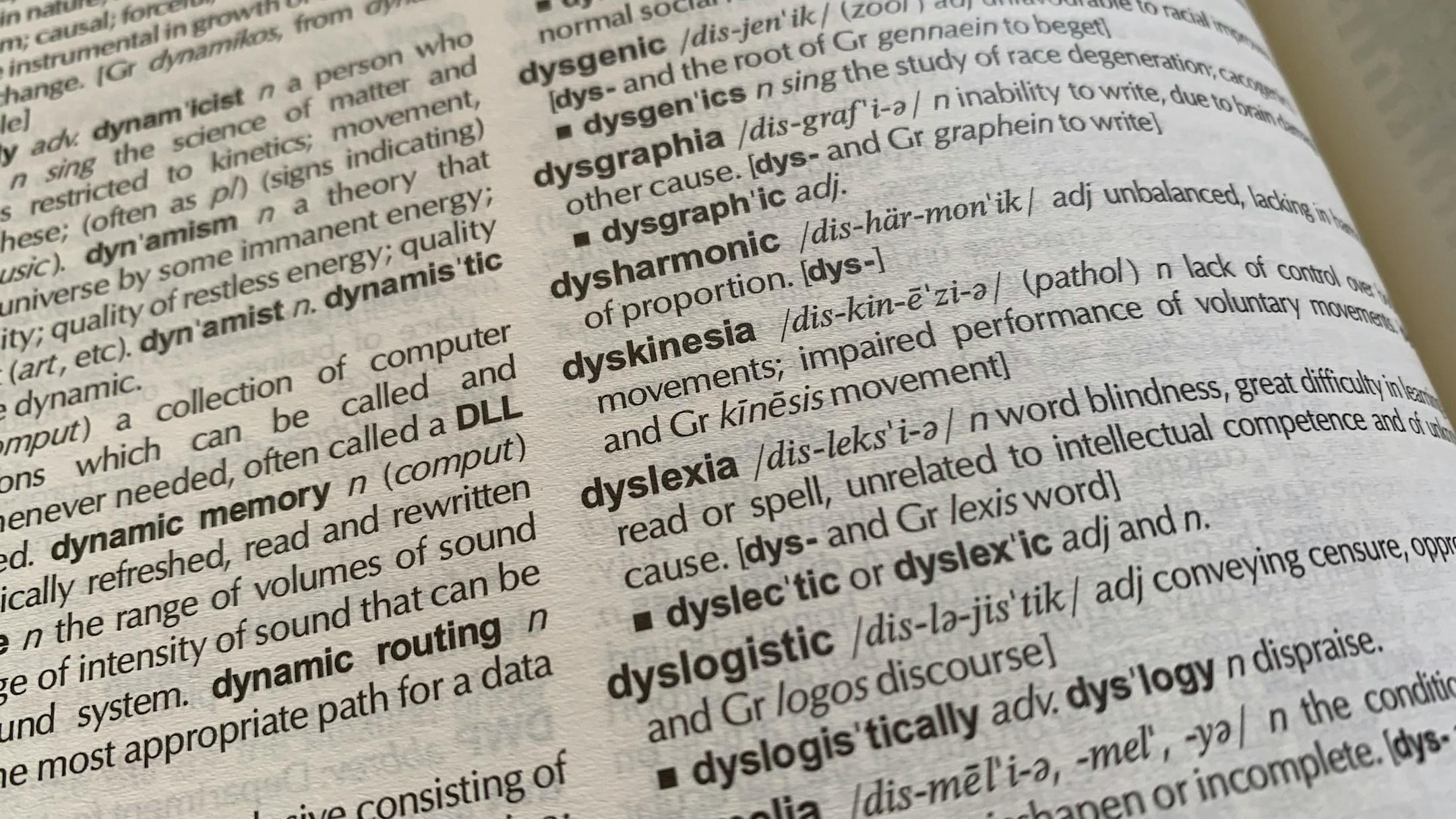Welcome! Check out our latest news.
Read more
Learning disabilities are neurological disorders that affect a person’s ability to read, write, speak, or compute math. These disabilities are not indicative of a person’s intelligence but rather of how they process information. Common learning disabilities include dyslexia, dysgraphia, and dyscalculia.
Recognizing these disabilities in the workplace is the first step toward creating a supportive environment. Understanding their impact on daily tasks can help employers develop effective strategies to assist affected employees.
Inclusivity in the workplace benefits everyone. It promotes a diverse range of ideas and solutions, leading to innovation and better decision-making. For adults with learning disabilities, inclusivity means they can contribute their skills and talents without barriers.
Creating an inclusive workplace also enhances employee morale and retention. When employees feel valued and supported, they are more likely to be satisfied with their job and stay with the company long-term.
To support adults with learning disabilities in the workplace, begin by conducting surveys. These assessments help identify specific needs and challenges faced by employees. Use tools such as surveys, interviews, and observation to gather information.
Once you have identified the needs, you can develop a tailored plan to address them. This plan should include accommodations and strategies that will help the employee perform their tasks effectively.
Educate your staff about learning disabilities to foster understanding and empathy. Training sessions can cover topics such as recognizing learning disabilities, effective communication, and appropriate accommodations.
Include real-life examples and scenarios to illustrate how learning disabilities can affect work performance. Providing this education helps create a supportive environment where employees feel comfortable discussing their needs.
Technology can be a powerful tool in supporting adults with learning disabilities. Assistive technologies such as text-to-speech software, speech recognition, and screen readers can help employees overcome challenges.
For example, text-to-speech software can assist employees with dyslexia by reading written content aloud. Speech recognition tools can help those with dysgraphia by converting spoken words into text. By incorporating these technologies, employers can provide practical support to their employees.
Flexible work arrangements can significantly benefit adults with learning disabilities. These arrangements may include flexible hours, remote work options, or modified job duties.
For instance, allowing an employee to work from home may reduce distractions and improve focus. Flexible hours can help employees manage their workload around their peak productivity times. These adjustments demonstrate a commitment to supporting all employees.
Clear communication is essential in any workplace, especially for adults with learning disabilities. Ensure that instructions and expectations are communicated clearly and concisely. Use multiple formats such as written, verbal, and visual aids to convey information.
Encourage employees to ask questions if they need clarification. Creating an open line of communication fosters a supportive environment where employees feel comfortable seeking help.
Creating a culture of acceptance starts from the top. Leaders and managers should model inclusive behavior and promote a positive attitude toward diversity.
Encourage team-building activities that celebrate individual strengths and contributions. Recognize and reward employees who demonstrate inclusive behavior. Cultivating a culture of acceptance helps create a supportive and welcoming work environment.
Support networks can provide valuable assistance to adults with learning disabilities. These networks may include mentors, job coaches, or peer support groups.
Mentors can offer guidance and advice based on their own experiences. Job coaches can provide one-on-one support to help employees develop skills and strategies. Peer support groups can offer a sense of community and shared understanding. Establishing these networks helps employees feel supported and connected.
Support for adults with learning disabilities should not be a one-time effort. It requires ongoing development and adaptation. Regularly review and update your strategies and accommodations to ensure they remain effective.
Stay informed about new technologies and best practices in supporting individuals with learning disabilities. Continuous improvement demonstrates a commitment to providing the best possible support for all employees.
Supporting adults with learning disabilities in the workplace is not only a moral obligation but also a strategic advantage. By implementing these strategies, employers can create an inclusive, productive, and supportive work environment.
Inclusivity benefits everyone. It leads to innovation, better decision-making, and higher employee satisfaction. Take action today to support your employees and create a workplace where everyone can thrive.
For more resources and personalized support, contact us with The Simmons Advantage. Our expertise can help you develop effective strategies and create a truly inclusive work environment.
Stay updated on our news and events! Sign up to receive our newsletter.